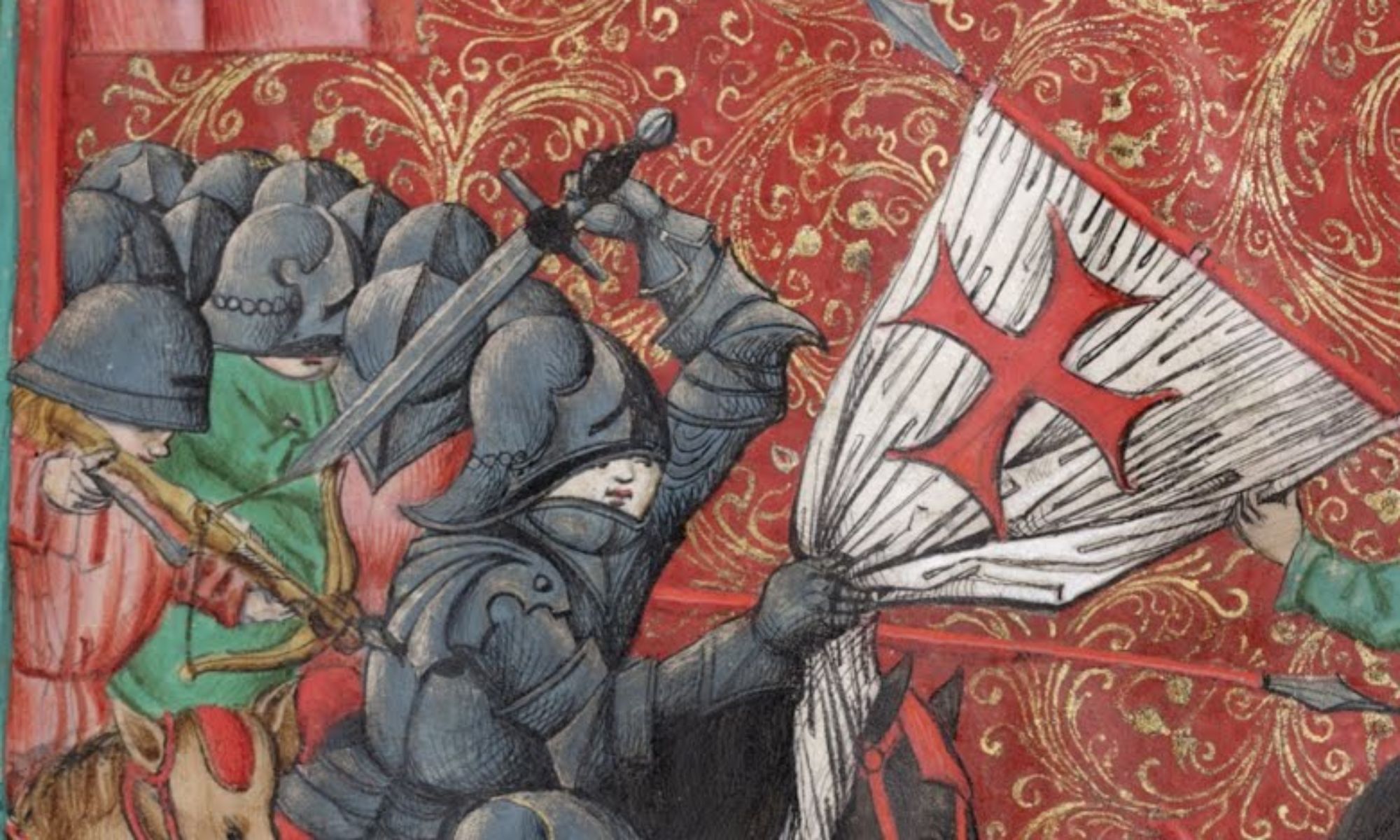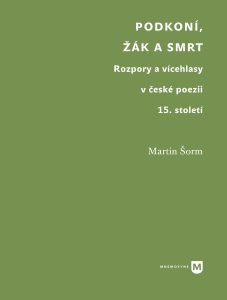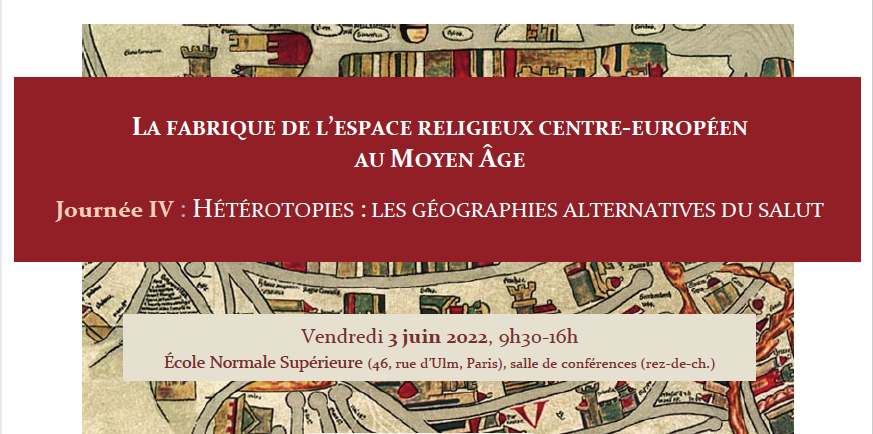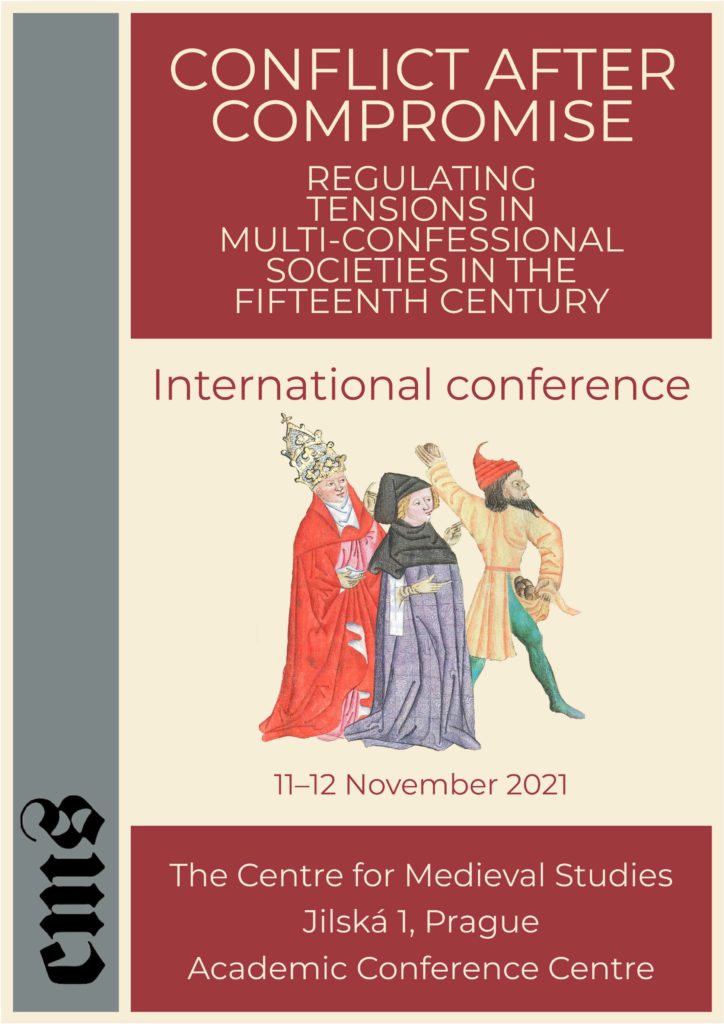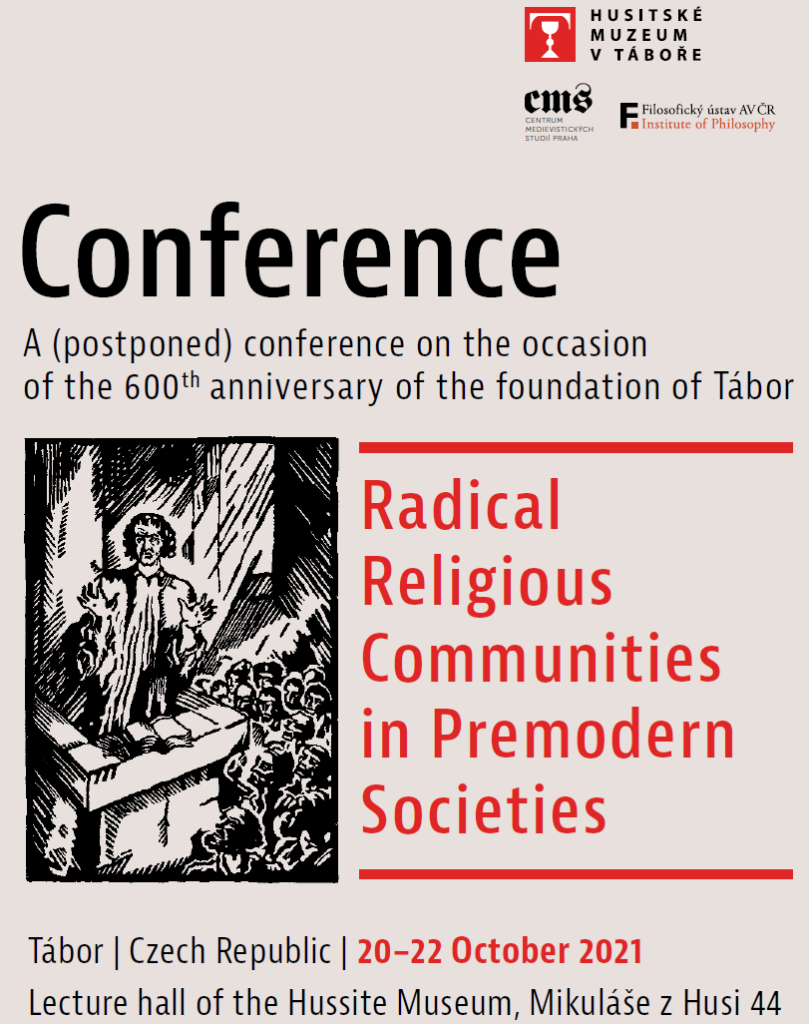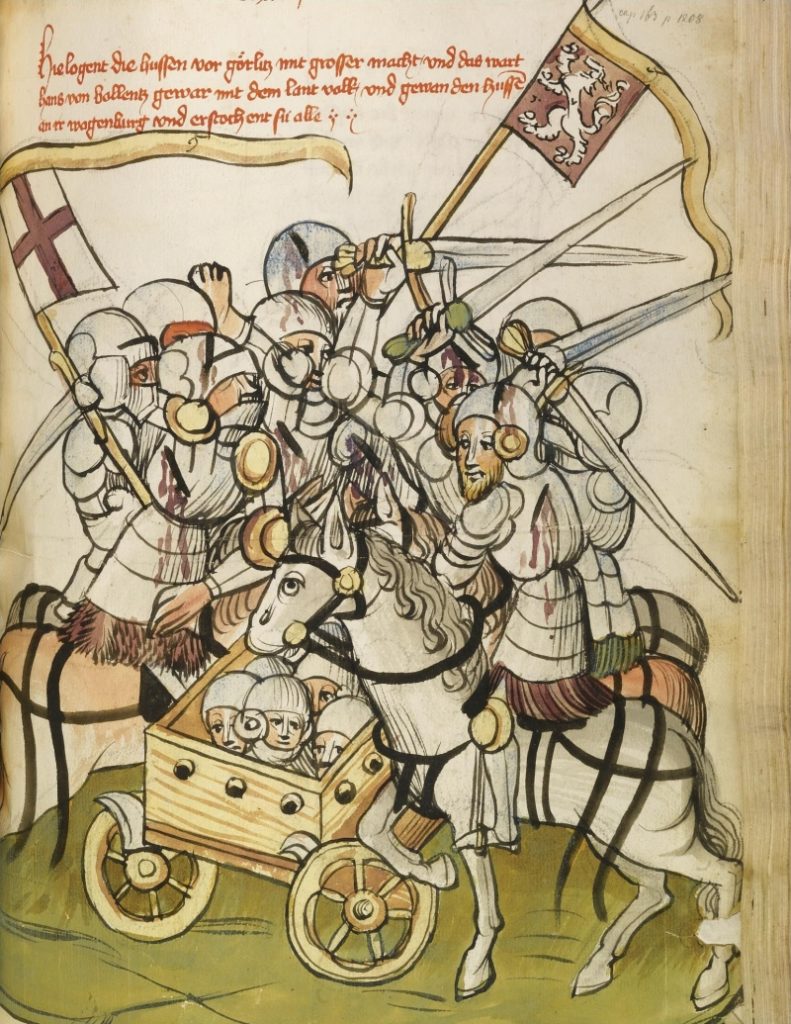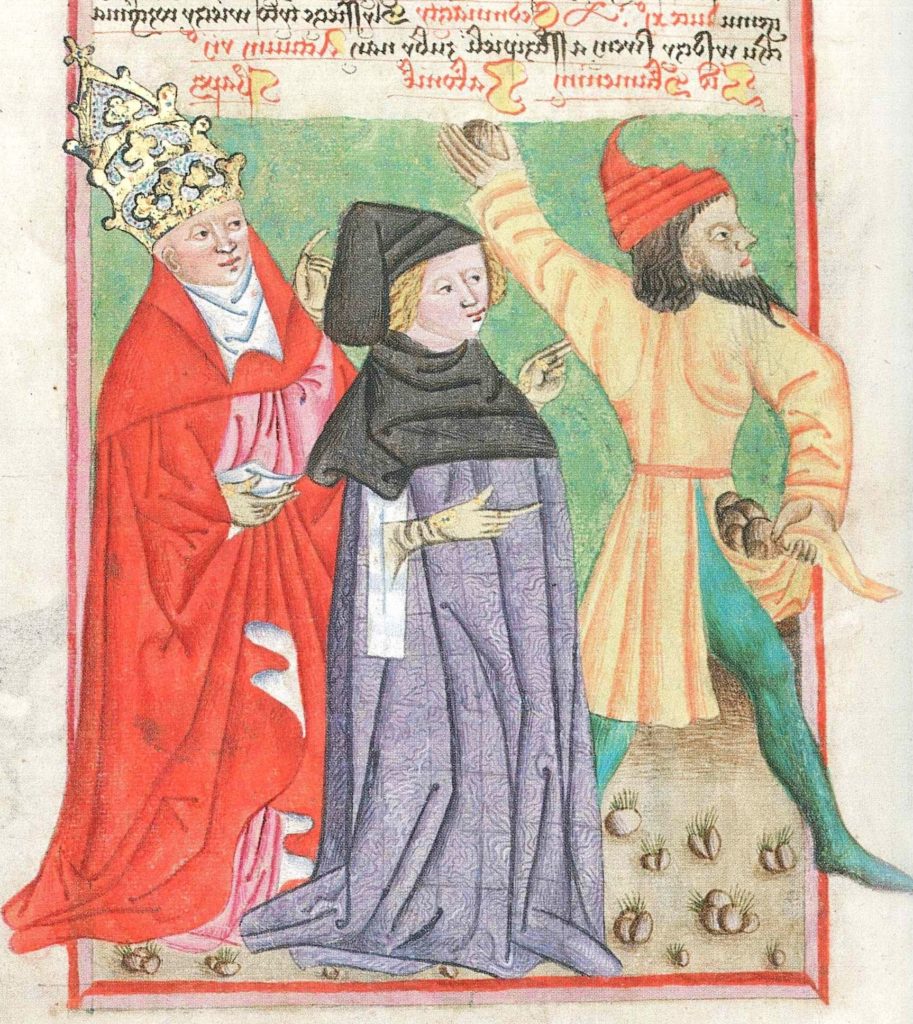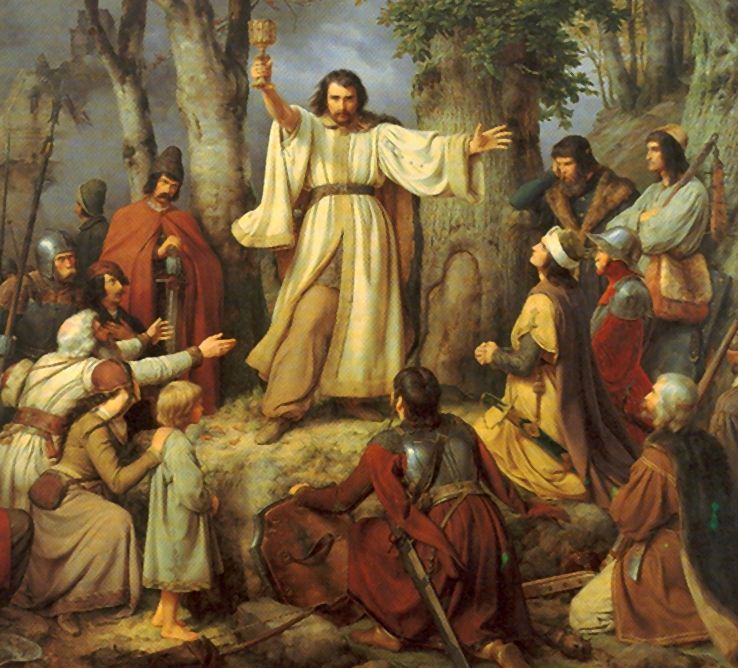
Three of our researchers, Pavlína Cermanová, Václav Žůrek, and Martin Pjecha, attended the International Medieval Congress in Leeds. Pavlína Cermanová presented the paper Heresy Constructed and Heresy Denied in Texts: The Case of Hussite Radicalism. Václav Žůrek gave a paper Redefining Authority: Transformations of Royal Power in Medieval Bohemia, 1378-1471, and moderated section Networks and Entanglements between the Centre and Periphery in the Late Middle Ages: Italians and Ultramontanes, I – Clergymen. Finally Martin Pjecha presented his research Wycliffe’s Legacy of Peace in 15th-Century Bohemia.
